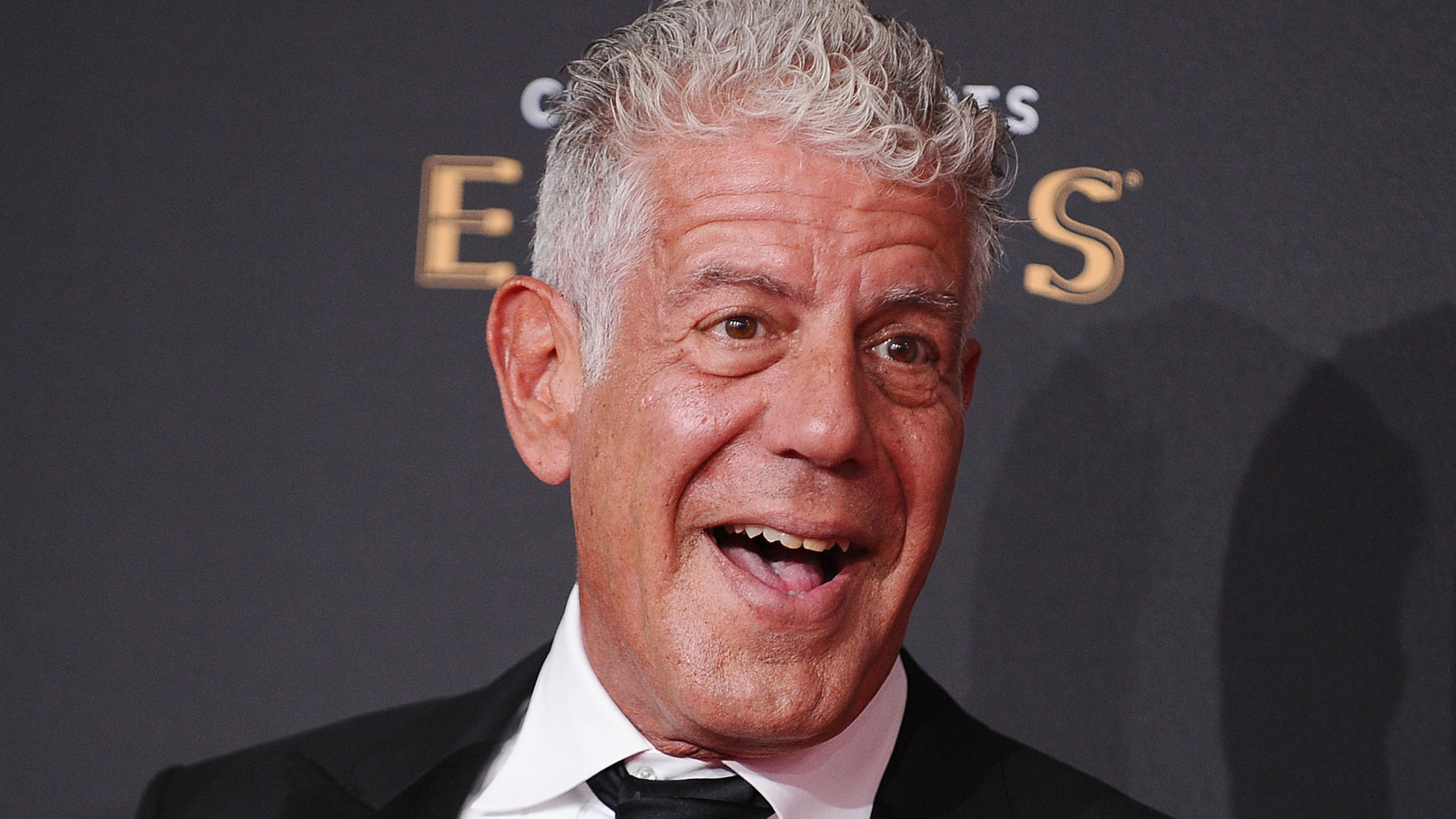
"In 1999, Bourdain wrote an essay in The New Yorker titled "Don't Eat Before Reading This," which gave readers a whole list of things to avoid ordering at a restaurant - including seafood on a Monday, weekend brunch, bargain sushi, and the complementary bread baskets. A year later, he published his first book, "Kitchen Confidential," which expanded on the same theme, giving readers an uncensored view of New York's restaurant kitchens."
"One of the more famous tips he shared involved well-done steaks, sarcastically saying that people who ordered those "pay for the privilege of eating our garbage." According to Bourdain, if you order a well-done steak, you're very likely to be served a substandard cut of meat that would've otherwise been thrown in the bin. He then went on to write in detail about a time-honored practice called "save for well-done.""
"At this point, the chef would have three options. The first was to throw it in the bin, which would mean a total loss. The second was to cook and serve it to the staff, which, he argued, was as good as throwing it in the bin. The third was to save and serve it when a guest ordered their steak well-done - "
Some chefs warn that cooking steak to well-done destroys marbling and flavor, producing dry, tough meat. A blunt culinary perspective labels well-done orders as inviting substandard cuts, sometimes described as "paying for the privilege of eating our garbage." Restaurants sometimes practice "save for well-done," where pieces of steak that are tough, full of connective tissue, or starting to spoil are neither discarded nor served to guests at full quality but are reserved for customers requesting well-done. Typical options for such pieces include discarding, feeding staff, or reserving them for well-done orders.
Read at Tasting Table
Unable to calculate read time
Collection
[
|
...
]